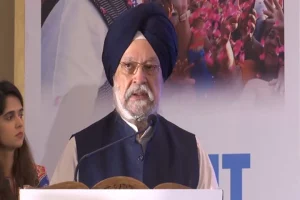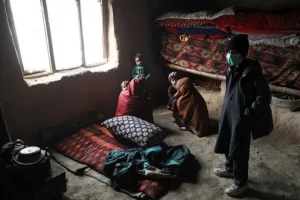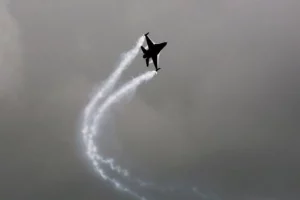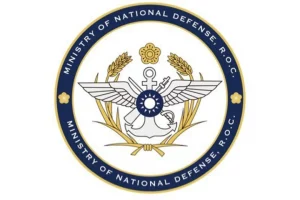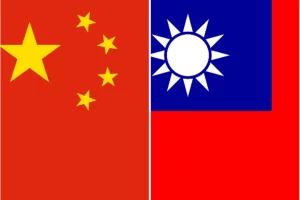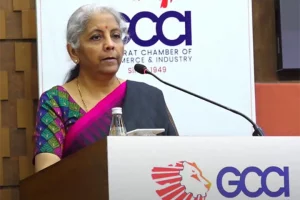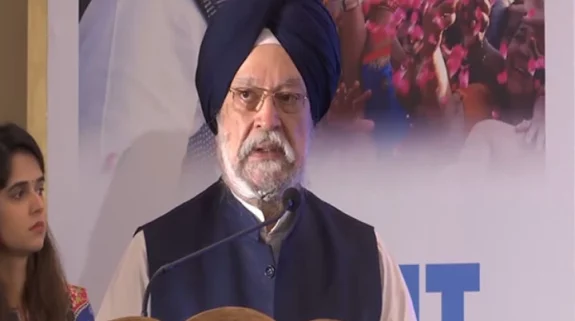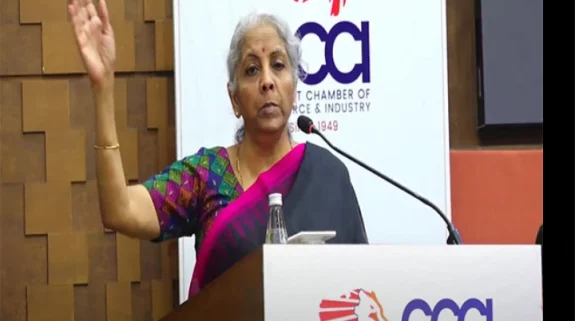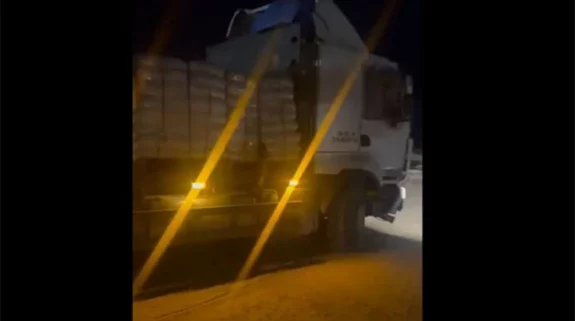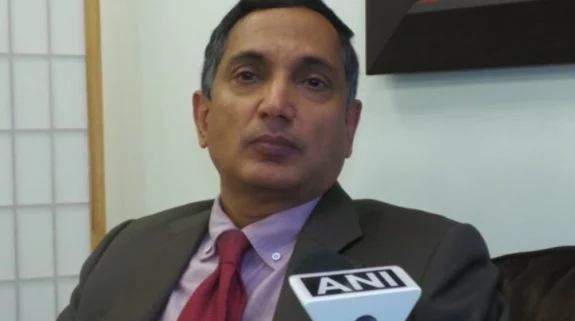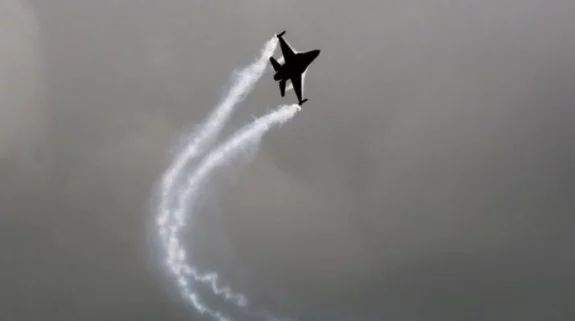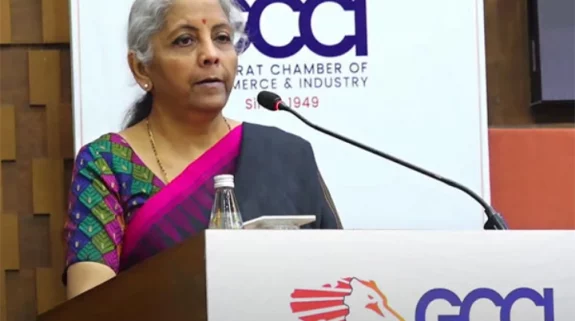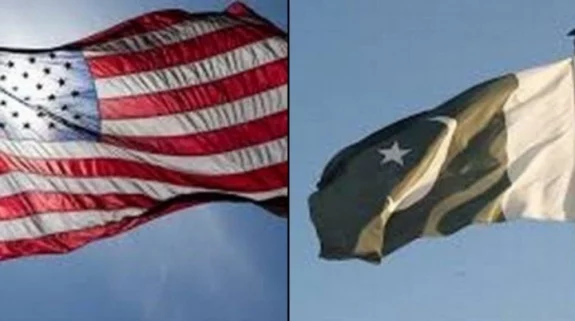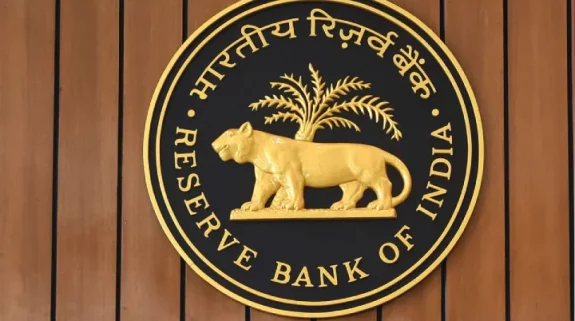As Bangladesh gears up to celebrate 50 years of its independence, the Sheikh Hasina government has brought up the issue of 1971 atrocities committed by Pakistan on its people on multiple platforms in the last few months and even increased pressure on the Imran Khan government to accept Islamabad’s role in the mass killings. Dhaka last week sought an official apology from Pakistan for the mass massacre.
The message was officially conveyed to Pakistani High Commissioner to Bangladesh Imran Ahmed Siddiqui by Md. Shahriar Alam, state minister for foreign affairs in the Hasina government last week.
“Pakistan is leaving no stone unturned in trying to expand its bilateral ties with Bangladesh amid a rapidly changing geopolitical contours in the region but the thorny issue of the 1971 genocide keeps coming up, for which Islamabad is not willing to issue an official apology,” a foreign policy analyst said.
“The UK government has officially apologised to India for the Jalianwala Bagh episode but Pakistan is yet to apologise or even acknowledge its role in the genocide,” the analyst added.
Last month, Bangladesh Prime Minister Hasina told Siddiqui that the pain of the 1971 genocide will remain forever. “The incidents of 1971 can’t be forgotten. The pain will remain there forever,” Hasina had told Pakistan ambassador when he had decided to pay a courtesy visit on her last month.
Hasina had brought up the issue while addressing the UN General Assembly in 2017.
"In the 1971 war of liberation, we endured an extreme form of genocide. In the 9-month-long war of liberation against Pakistan 3 million innocent people were killed and more than 200,000 women were violated," Hasina had said. However, rejecting Hasina’s statement, Pakistan said Bangladesh needed to move on.
“Prime Minister for our Bangladeshi brothers and sisters, let me add that they have to come out of the narrative of hate and dispel the twisted notions of history. There are no takers for their contentions,” Pakistan in its response said.
Highlighting that Bangladesh experienced one of the worst forms of genocide in the history of mankind, Hasina, on December 9, marked as the international genocide day, reiterated the need for the global community to come together to ensure justice to genocide victims while putting in place measures that would prevent recurrence of such ghastly crimes in the future.
Not just Hasina, last year, Bangladesh foreign minister AK Abdul Momen too brought up the issue at several platforms.
The message is clear—until Pakistan officially apologises for its role in the genocide, Bangladesh will not be able to move on in furthering bilateral ties.
In March 2017, the Bangladesh Parliament passed a resolution to observe March 25 as the Genocide Day.
The ghastly episode started at the midnight of 25 March 1971 when the Pakistan army cordoned Peelkhana, the headquarters of the east pakistan rifles (EPR), Rajarbagh police barracks, and the Ansar headquarters at Khilgaon. About 8,000 to 12,000 people were killed every day—the highest in any genocide history.
“Pakistani forces surrounded Dhaka city with tanks and other military vehicles. Truck loads of army men spread out through the city streets for stamping out all civil resistance. At midnight, the Dhaka University halls of residence and the staff quarters were attacked with tanks and armoured vehicles. A number of teachers, students and officials of the University were killed. A number of buildings including some newspaper offices in Dhaka were battered with mortar shells. Many people were burnt alive in the houses set on fire. Various parts of old Dhaka, including Hindu majority Mahallas such as Shankhari Patti and Tantibazar came under mortar shells,” Banglapedia, the national encyclopedia of Bangladesh documented.
.







